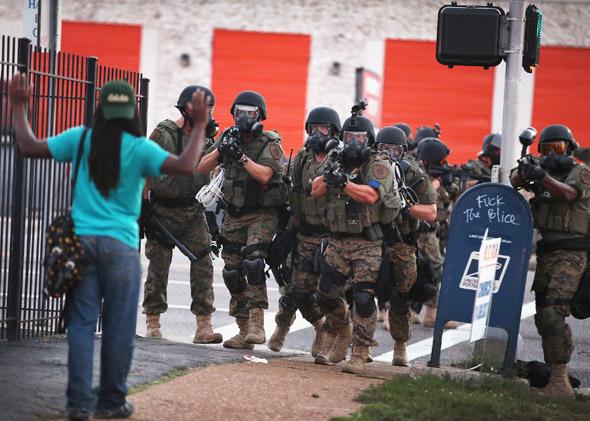TFA Is Shocked, Shocked To Find That It Is An ‘Arm’ Of The Charter School Movement
A few weeks ago an article appeared in ProPublica called ‘How Teach for America became an arm of the charter school movement’. I found this be a very well researched article which shed light on something that public school advocates like me already knew a lot about — that TFA and the charter school movement are highly intertwined.
For people who didn’t already know about this, this would be truly eye opening. But even for people like me who have always known about this, this article gave some new details that offered even more compelling proof including a major ‘smoking gun.’
The smoking gun is a contract that TFA signed with the Walton Foundation where TFA would receive $4,000 for each public school teacher they recruit and $6,000 for every charter school teacher they recruit.
I thought the article was great and it got a lot of attention but, for me, the most amazing thing was the reaction by TFA and by the TFA supporters.
Here is what TFA tweeted:


To which I responded: CONTINUE READING: TFA Is Shocked, Shocked To Find That It Is An ‘Arm’ Of The Charter School Movement | Gary Rubinstein's Blog























